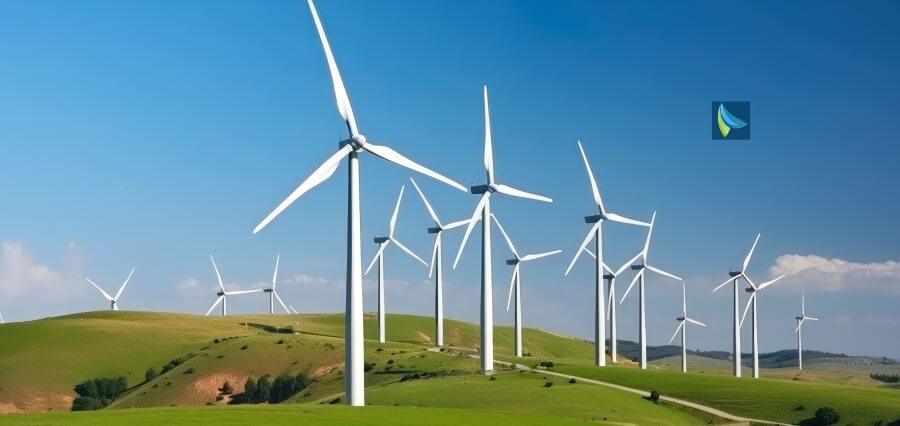A record 35 percent of the electricity utilized on the island of Ireland was generated by wind farms in 2018, according to Wind Energy Ireland’s annual report.
This prevented the need to spend €1.6 billion, both north and south, on the imported gas and carbon credits needed to burn it.
This saved the emissions of over 5 million tons of carbon dioxide, which is the same as removing 1.9 million cars off Irish roads.
Last year, wind turbines prevented the need to import gas in order to generate power and the corresponding carbon credits, saving €4.2 million on a daily average.
The greatest day was January 12, 2023, when there was a lot of wind and high gas prices, resulting in a daily savings of €14 million.
The wind farm owners and operators receive their savings, which are then reinvested in Ireland’s energy infrastructure to further reduce greenhouse gas emissions.
According to a report released today by Wind Energy Ireland’s management consultants Baringa, Irish wind farms produced enough electricity last year to power three million households and avoided the emission of more than five million tons of carbon dioxide.
This is the same as someone traveling around the globe 8,000 times, according to the statement.
According to the data, wind farms generated well over 50% of the electricity consumed in December of last year and 35% of the total electricity demand for the full year, making it the best year for wind energy output to date.
Noel Cunniffe, Chief Executive of Wind Energy Ireland, called this a real success story and stated that Ireland is headed toward an energy-independent future.
However, he issued a warning: without a planning system that is appropriate for its intended use and without assistance for EirGrid and ESB Networks to build a much more robust electricity grid, wind farms cannot be constructed and power cannot be supplied to locations where it is needed.
“Industry has welcomed the progress made thus far on the Planning and Development Bill, and it is imperative that we fully support the Government’s plan to impose mandatory deadlines for planning decisions as part of this new legislation.” he stated. In 2024, both grid reinforcement and planning reform must continue to be priority goals within the political system.”
The average wholesale price of energy was €88.97 per megawatt-hour (MWh) in December 2023, a 68% decrease from €276.52 in December 2022. This suggests that consumers may see a price increase in the upcoming months as a result of these savings.



















